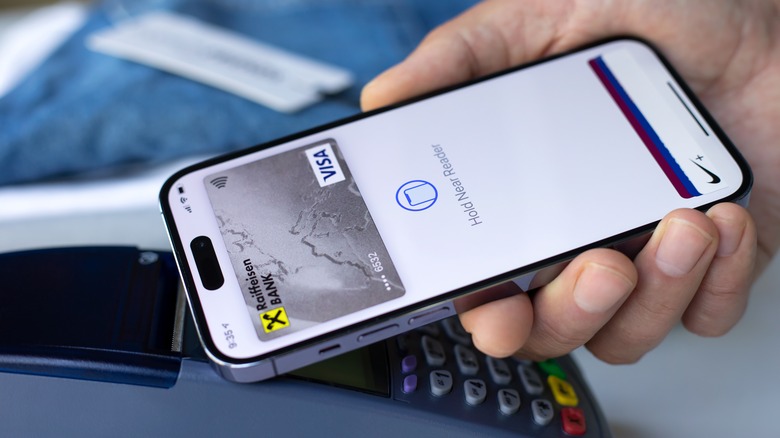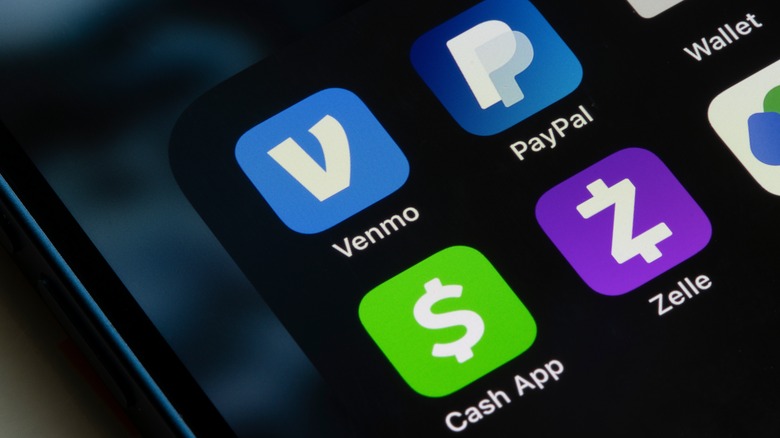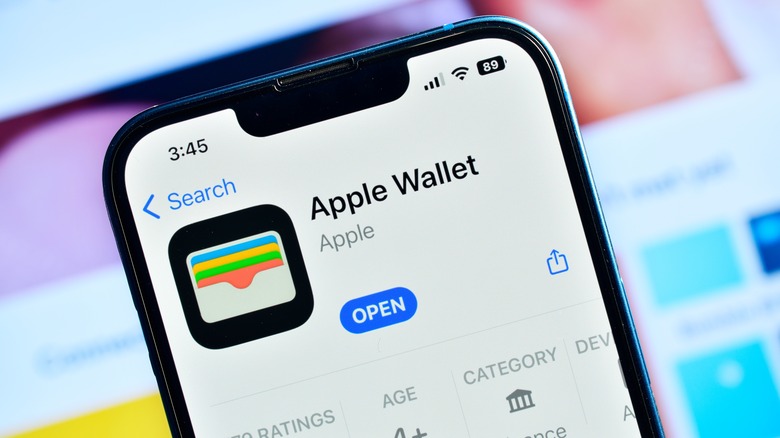
DenPhotos/Shutterstock
The year 2024 has heralded a few notable «firsts» for the Apple ecosystem. The latest is the tech giant finally opening the iPhone’s Near Field Communication (NFC) chip to developers for enabling payments. So far, the NFC capability on the iPhone has been exclusive available for Apple Pay payments, but with the arrival of iOS 18.1, third parties will be able to access the iPhone’s NFC contactless payments system as well.
Advertisement
Apple says it’s previously kept the NFC functionalities locked to its own payments and mobile wallet service on the pretext of security. The concerns were not without due merit. A 2016 Europol investigation unearthed how organized crime groups had compromised the NFC system on smartphones for financial fraud. As the report explained: «Several vendors in the Darknet offer software that uploads compromised card data onto Android phones in order to make payments at any stores accepting NFC payments.»
But privacy was not the only thing Apple was protecting. It was also safeguarding a fat revenue stream that came from collecting fees from financial services provided, which was already bringing in over $1 billion annually. For example, players like Citi and American Express had to fork up a 0.15% fee to Apple every time they used an Apply Pay credit card transaction. However, the European Union’s competition laws recently forced Apple to share the market, and the tech giant has finally relented.
Advertisement
Expanding the NFC system could give users more choice

Tada Images/Shutterstock
Apple first agreed to let third parties access the NFC-driven tap-to-pay action on iPhones back in July for the European bloc. A few months prior, the U.S. Justice Department also targeted Apple for keeping tap-to-pay locked within its own ecosystem, a tactic that not only hurt the competition but also blocked innovation.
Advertisement
It seems that, in order to avoid yet more regulatory scrutiny, Apple has finally opened the doors to tap-to-pay capabilities to other service providers. That means third-party payment apps like Google Pay and PayPal will finally be able to offer the convenience that has so far remained exclusive to Apple Pay. Likewise, banking institutions could follow suit too, baking NFC payment into their mobile apps for iOS.
However, Apple opening up its NFC payments system isn’t a free lunch either. In a statement, Apple clarified that «Developers will need to enter into a commercial agreement with Apple, request the NFC and SE entitlement, and pay the associated fees.» Whether Apple charges a flat fee or follows with a per-transaction model remains to be seen. It would also be interesting to see whether third parties pass on the fee charged by Apple customers, or whether they absorb it in the name of convenience and as a tactic to expand their base of customers.
Advertisement
The NFC payment option could include event tickets, digital keys, and more

Funstock/Shutterstock
Apple is opening the underlying NFC architecture on an iPhone not solely for payments, but also for a wide range of other meaningful applications. As the Apple statement read, «Developers will be able to offer in-app contactless transactions for in-store payments, car keys, closed-loop transit, corporate badges, student IDs, home keys, hotel keys, merchant loyalty and rewards cards, and event tickets.»
Advertisement
Apple’s Wallet app already allows users to store digital keys for hotel room doors and vehicles, allowing seamless unlock under the NFC system. At the moment, over 800 car models support the car key facility, including major players such as Audi, BMW, Ford, and Ferrari. With support for NFC keys opening widely, more brands are likely to embrace the NFC-driven digital key tech that is available on iPhones and Apple Watches.
How many stakeholders are willing to cough up the fee in order to access the NFC and SE (Secure Element) APIs would ultimately decide whether Apple’s latest move will truly reap any meaningful rewards for an average iPhone user. As far as market availability goes, the APIs will be rolling out to interested parties in Australia, Brazil, Canada, Japan, New Zealand, the U.K., and the U.S. via an upcoming iOS 18.1 developer update.
Advertisement